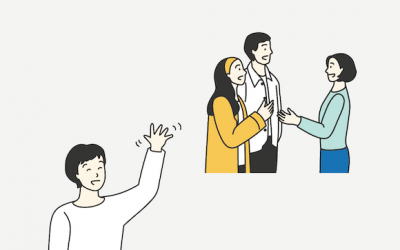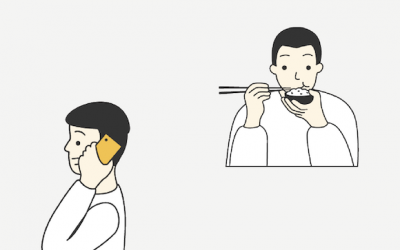The Most Common Ways to Say Sorry in Chinese
In our daily lives, we have to apologize from time to time as none of us can avoid making mistakes all the time. In most civilized countries, “sorry” is used as frequently as, let’s say, the word “please”. Today let’s learn five Chinese words and phrases that can be used when you want to apologize to someone.

1. Duìbùqǐ
对不起!
Duìbùqǐ!
I’m sorry!
对不起 (duìbùqǐ) is the most common word that people use to say sorry in Chinese. What you need to bear in mind is that it’s usually used when people would like to apologize for what they’ve done wrong, therefore, this word can be treated as “I’m sorry”. A more formal version of “对不起” (duìbùqǐ) can be 抱歉 (bàoqiàn), which means “I apologize”.
2. Bù hǎoyìsī
不好意思
Bù hǎoyìsī!
I’m sorry!
This word is equivalent to the English phrase “excuse me”, which means it can be used when you would like to ask someone to do you a favor. In addition, 不好意思 (bù hǎoyìsī) and 对不起 (duìbùqǐ) are interchangeable in many situations. In another word, there is no strict rule as to when you have to choose one of them.
3. Dǎrǎo le!
打扰了。
Dǎrǎo le.
I’m sorry to bother/for bothering you.
打扰 (dǎrǎo) means “to bother”, and this phrase can be translated as “sorry to bother/for bothering you”. Chinese people often use 打扰了 (dǎrǎo le) when they think they’re disturbing someone, which means this phrase will come in handy if you need someone’s help when he or she is in the middle of something.
4. Wǒ bù shì gùyì de!
我不是故意的!
Wǒ bù shì gùyì de!
I didn’t do that on purpose.
故意 (gùyì) means “deliberately”. Hence, the literal meaning of this phrase is “I didn’t do that on purpose”. It’s a typical phrase that Chinese people use if they’ve accidentally made a mistake, such as breaking a mug by accident.
To find out more interesting and useful Chinese vocabulary, check out one of our blog posts 5 Ways to Eat in Chinese: Takeouts, Dine-in and More









0 Comments